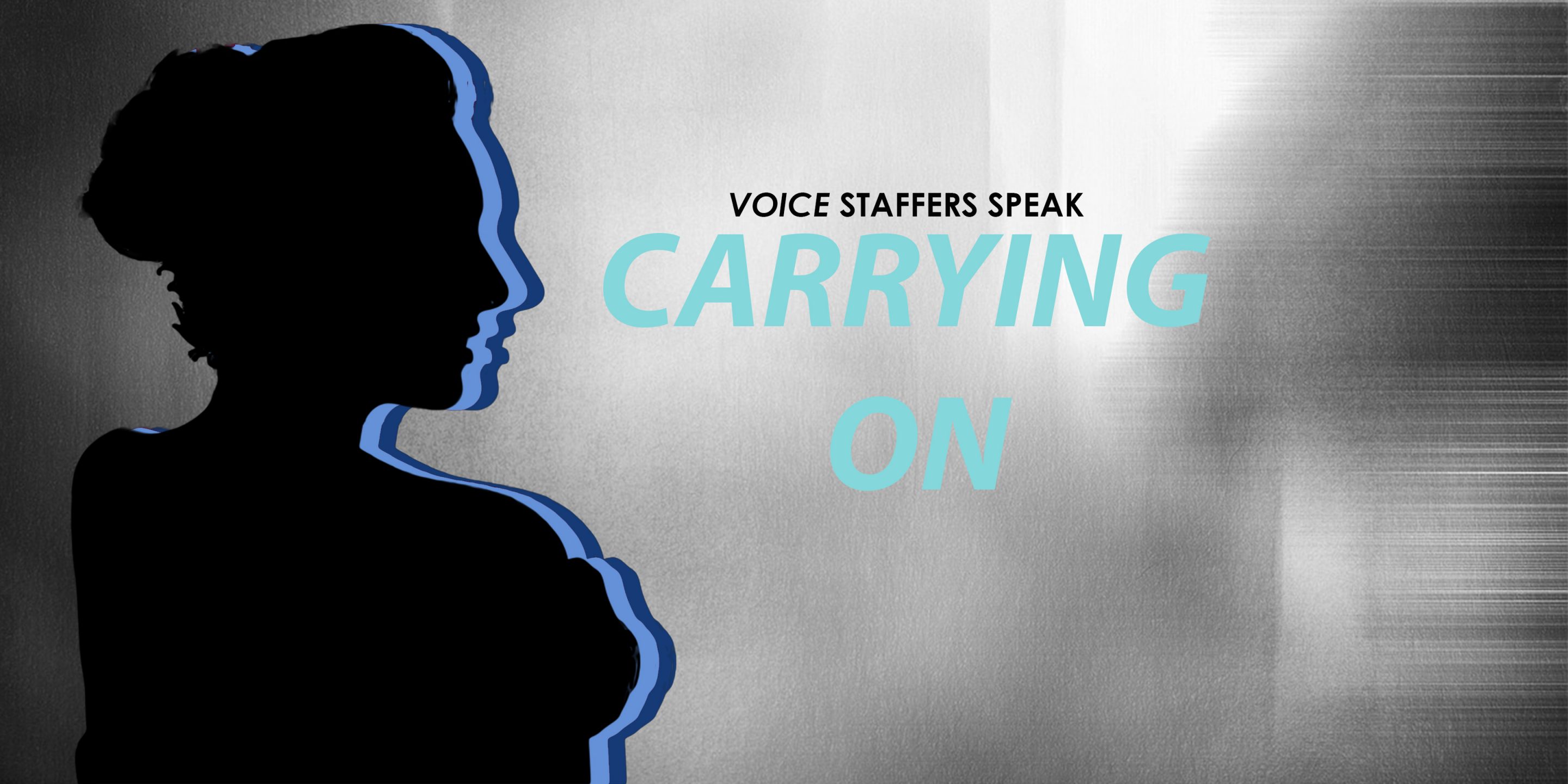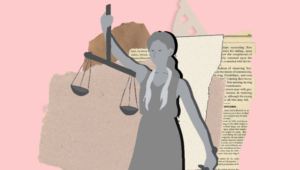My friends and I have this inside joke that I’m an undercover secret agent for the CIA. At the beginning of freshman year, they couldn’t find my dorm room because the name on my door was different from the name I go by. When they finally found it, I opened the door to find theatrically hurt faces feigning dejection at having been supposedly deceived. They asked me what my real identity was and whether “Kaei” was an alias. Thus the joke began.
Yet, there is a truth to their fake offense that I have been avoiding for the past several years. I have been intentionally mispronouncing my name for the sake of ease since the beginning of high school.
I was born “Jiaying Li” in Japan to Chinese parents. By the time I was born, my parents had lived in Japan for over seven years, and my brother, Jiakang, was almost three years old. Both “Jiaying” and “Jiakang,” which are Chinese names, were difficult to pronounce in the Japanese language. Therefore, my parents decided to call us by the Japanese pronunciations of the characters, or kanji, that make up our names. Thus “Kaei” was born, and for my brother, “Kakou.”
When we moved to the U.S., my brother—who was old enough to understand cultural differences—decided to go by “John.” I, at the tender age of two, resolutely refused any name but “Kaei” and consequently set myself up for a lifetime of tedious introductions.
I learned long ago how to navigate the difficulties of meeting new people when my name is “Kaei.” For example, spending the first two minutes of an introduction trying to get the other person to pronounce “Kaei” correctly can sometimes make them think I am neurotic and lead them to avoid talking to me in the future for fear of saying the wrong thing and offending me.
Throughout the years, I’ve been called every variation of “Jiaying” and “Kaei” that could possibly exist. Microsoft Word constantly “corrects” my name to “Kari.” And I dreaded having substitute teachers because they would either say “Jang,” “last name Li,” or, most often, “oh boy, the next one’s tough,” at which point I simply raised my hand and called out “here.” When I insist on the correct pronunciation of my name, the variations that follow range from the absurd “kayak” to the outrageous “Kanye.”

Consequently, I started introducing myself as “Kai” (rhyming with “die”) rather than “Kaei” (which is pronounced with two syllables—“Kah-ay”) and noticed that the awkward introductions instantly went away. This experiment began as a way to get through the first day of school when I was meeting six new teachers who, after the end of the year, I would probably never speak to again. It continued through high school and into college because it was simply easier for everyone involved.
Now, I spell my name out as “K-a-i” to the Chick-fil-A cashier because I know they will be able to read it when they call out my order. I introduce myself as “Kai” during job interviews and wonder if this experiment is something I can ever undo. I imagine the genuine hurt on my friends’ faces if I ever do decide to end the experiment.
I know that there will be hurt because I’ve seen it before. In third grade, on the Monday before the school year ended, I told my student teacher that he’d been saying my name wrong all year. He looked both guilty and betrayed, and for the rest of that week, he stuttered every time he tried to say my name. I can’t imagine doing that to people who I hope will be in my life for much longer than a week.
But here I am, coming clean in a publication that half my friends work on and the other half will read. I don’t know how they will react, nor how I want them to react. I do know that I was compelled to write this piece because of my upcoming graduation. At my high school graduation, we were asked to write out the pronunciation of our names on index cards. I took a risk and wrote out “Kah-ay,” but as I walked across the stage, the class president, who I had known since first grade, mangled my name. In a couple months, I will be confronted with the same dilemma. I have yet to decide whether to walk into adulthood with a cringe or with a lie.
Image Credit: Abhichana Naiyapatana








10/10